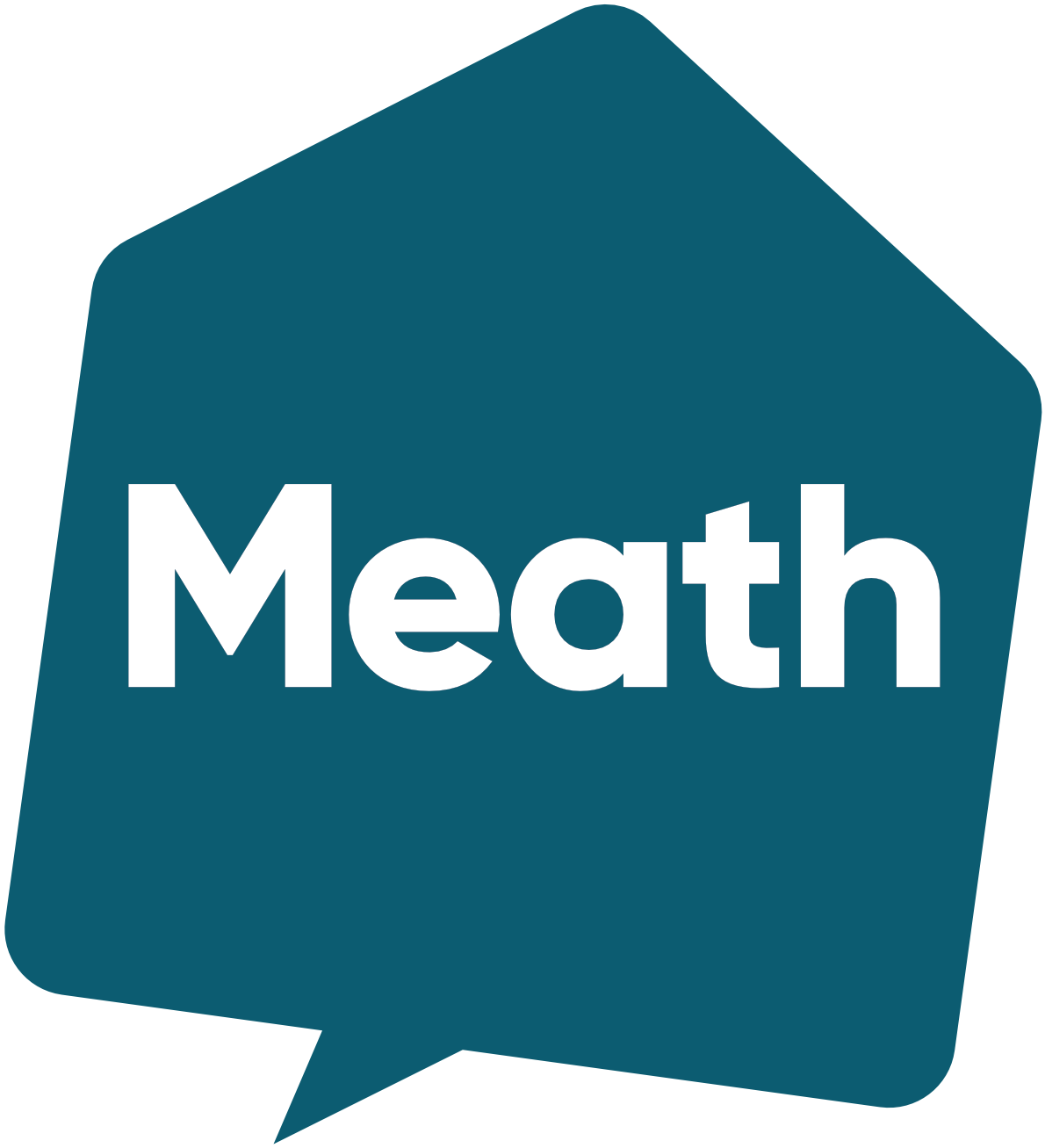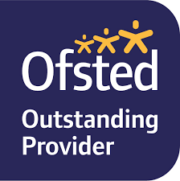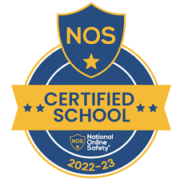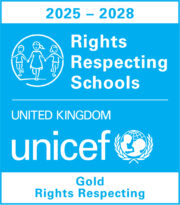Residential stays
Staying at Meath can change young lives

Statement of Purpose
The statement describes the overall purpose of the school and describes any theoretical or therapeutic model underpinning the practice of the school.
This document needs to be read in conjunction with a number of other important sources of information, including but not limited to:
- School Website
- Admissions Policy
- School Prospectus
- Behaviour and Anti-Bullying Policy
- Children’s Anti-Bullying Policy
- Children’s Complaints Policy
- Medical Policy
- Safeguarding and Child Protection Policy and Procedures
- Online Safety Policy
Meath School is a day and residential special school for primary aged children with speech, language and communication disorders and high functioning autism (formerly known as Asperger’s syndrome).
-
Admissions to residential
Our Residential Centre provides a safe and nurturing environment for pupils to develop independence, social and self-care skills.
Read more
-
Life in residential
If you would like to find out more about our outstanding residential care, or arrange a tour of the facilities, please contact us.
Read more
As of September 2024 our school roll is:
74 Pupils
19 Residential Pupils across the week
All pupils are aged from 4 to 11 and we are currently able to accommodate 15 residential boarders per night for up to four night assuming there is a place available in a suitable group. Children stay between one and four nights, depending on individual needs.
We aim to provide a caring and empathetic environment to meet the needs of all our pupils and their families.

Each child is treated as an individual, and targets and strategies are put in place to support personal needs. All teams across the school work together to make sure that there is consistency in implementing strategies. This supports positive behaviour across the whole school as well as making sure the individual makes as much progress as possible with speech, language and communication, independence, self-help, social and academic skills.
The residential and teaching environments are constantly monitored to ensure safe, stimulating, and well-resourced learning areas. Staff identify and then emphasise the positive characteristics of our children and reinforce good behaviour and learning at all times. Children are encouraged to try new activities to widen their learning and achievements.
Meath School residential provision is split into three; Otter, Brox and Maitland. All areas are decorated and furnished to a high standard and the children choose the decoration and the furniture that is in them. The whole residential is made to be as homely as possible.
Children are encouraged to personalise their rooms how they wish and can bring photos in from home, as well as having their art work and pictures put up.
Supporting our children to input into their environment supports them to belong and to learn skills that support their independence.
We are committed to keeping a very good standard of accommodation and aim to enhance this where possible.
The furnishings we use are homely and we have a small kitchen where we can make drinks and snacks. The dining facilities are in the same building and are easily accessed.
We have Wi-Fi throughout the residential accommodation enabling children and young people to access the Internet for skyping home or for information if needed. The Internet is filtered to safeguard the children from accessing inappropriate content.
Supporting our children to achieve
To support our children to become as independent as possible we have developed a ‘Personal Development Plan’ which includes sections ranging from washing and dressing to safeguarding and meal planning. Each child is baselined when they start sleeping over, so we have a starting point. All children are given opportunities to develop skills through each term and progress will be recorded.
Developing Skills
Learning and developing social skills, socially acceptable behaviour and friendship skills are imperative for our children. To achieve this we plan activities where these skills can be taught and modelled.
These activities include sports, role play, cooking, cycling, travelling by public transport, trips to the shops, trip to the beach and sessions at our local gymnastics club.
Each evening children join in storytelling, where they listen and take turns interacting with a story.
Through forums and discussions children are given the opportunity to think about activities that they would like to take part in.
All children are involved in whole school events such as Book Week, Sports Day and Meath’s Got Talent.
Children are given the opportunity to show visitors around school and show them what they have achieved. Children also show children around who are new to residential, explaining how it works and what they take part in.
Families
Families have the opportunity to come and have a tour of the residential before their children start sleeping over. This gives them the opportunity to give care staff the information they need to know about their child.
Residential staff write a report for each child’s annual review and this includes the targets each child will be working on over the next year. Families/carers can request that certain skills are focused on.
Staff support children to skype or phone home when they sleep at school.
Keyworkers
Keyworkers are an important link for children within residential, with each child having the option to choose their keyworker. Keyworkers are responsible for building relationships with children and supporting them with their development. We try to maintain consistency and keep the same keyworker for the children for at least each school year.
Each keyworker builds a good knowledge of individual children’s abilities and needs and supports the child to develop skills and interests, putting in support where needed. Each half term keyworkers will have a dedicated session with their children. They will write and support with targets, activities, annual reviews and future placements.
Keyworkers are responsible for maintaining care and personal development plans.
The school actively encourages parents of prospective children’s, and placing authorities to contact Ofsted where past inspection reports can be accessed through their website www.ofsted.gov.uk in order to gauge how our services are rated by an independent source.
Training
The residential team have worked hard to ensure that all staff have completed the Residential Induction Training and where possible all care staff are trained to at least level 3/4 diploma or equivalent or are working towards this.
The delivery of the diploma is achieved through an apprenticeship with staff being given time to learn and train.
In addition, the school delivers training to all residential and school staff to enable them to work effectively with the children.
Induction training includes Safeguarding and Child Protection, Speech, Language and Communication within the school, Health and Safety, Medical Needs and Support and Behaviour Management.
Ongoing training includes Signed Supported English, Dysphagia and eating difficulties, Mental Health and Wellbeing and VERVE.
Training days include Safeguarding and Child Protection, First Aid, Medical, Food Hygiene, Mini-Bus Training, Zones of Regulation and Online Safety.
All staff at Meath School are trained in Safeguarding, what to look for and the reporting processes. Support is in place for both staff and children to keep themselves safe and to look after their mental health.
- Staff receive both regular informal and formal supervision
- Where possible, staff teams contain both male and female staff across a wide age range
- The Residential Manager is always on site
- The Principal and Pastoral and Safeguarding Lead can be contacted at any time
- Daily afternoon meetings and regular staff meetings are held to enable all care staff to meet and discuss common issues relating to residential education, minutes of the full care meeting can be accessed by all residential staff
- All staff have access to the policies and procedures that must be followed if a crisis should occur
- Weekly Senior Leadership Group meetings provide time for reflection and planning
- Half termly forums give the children an opportunity to have their views heard and their ideas acted upon
- Regular monitoring by Governors and Independent Visitor acting on behalf of the Governors and Trustees is part of the evaluation process which supports continual growth
Staffing
Residential education staff work a variety of shift patterns over the week. Some Residential staff also work in school and school staff in residential. This allows for strong links between school and residential and an enhanced understanding from all teams as to what the children can achieve.
Staff focus on delivering activities that enable the children to continually progress and achieve. They build good relationships with individual children, so that appropriate support is provided to each individual.
All staff attend training and are either trained to level 3 or are working towards this. We are committed to making sure staff are given the opportunity to learn and progress.
Nights
Both waking and sleep in residential staff are on duty at night. Our waking night staff have many years of experience working in this environment and are used to dealing with bad dreams and toileting needed during the night. We also have a sleep trained member of staff who can support with programmes for sleep hygiene if required.
If a child is ill in the night, a senior member of staff will decide whether parents need to be called immediately or whether this can happen in the morning.
| Ofsted ratings for Meath's residential programme, 2025 | |
|---|---|
| Overall experiences and progress of children and young people | Outstanding |
| How well children and young people are helped and protected | Outstanding |
| The effectiveness of leaders and managers | Outstanding |




